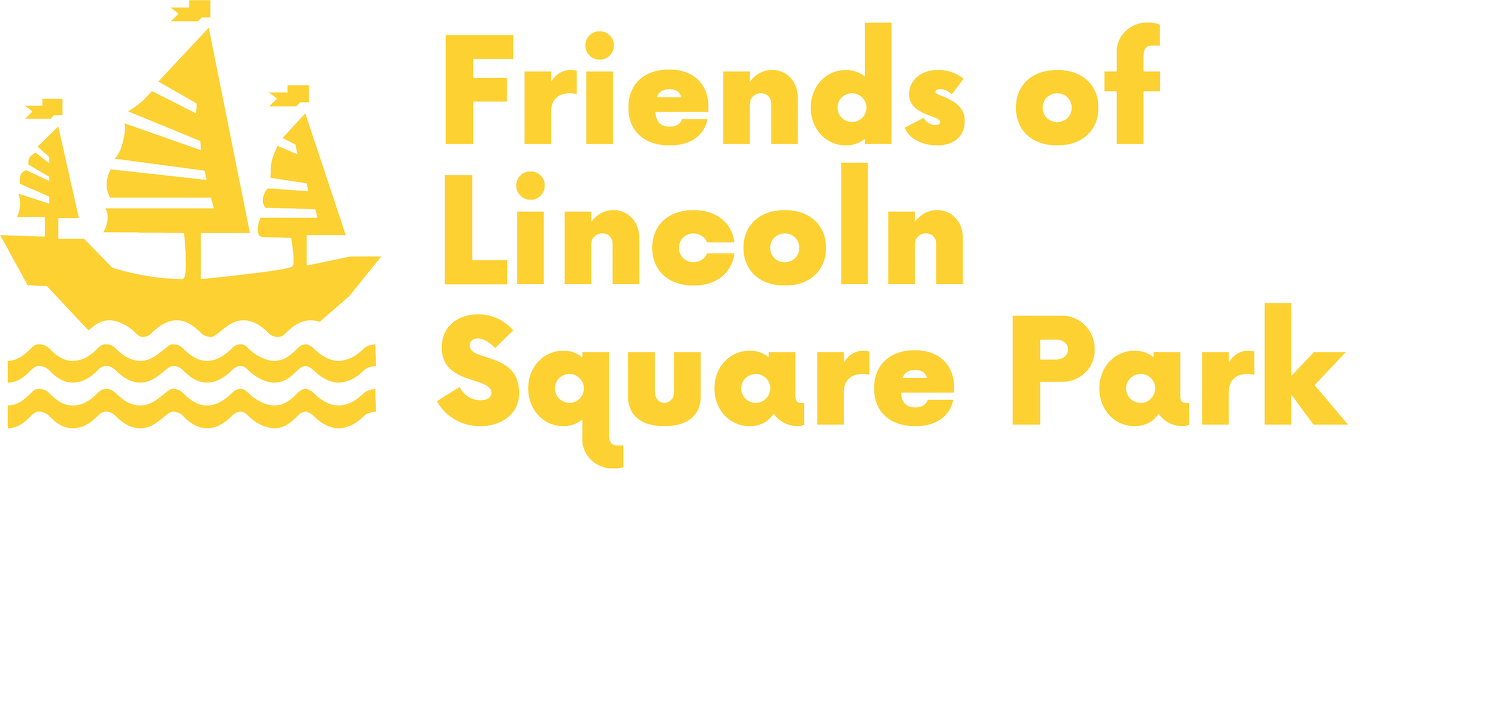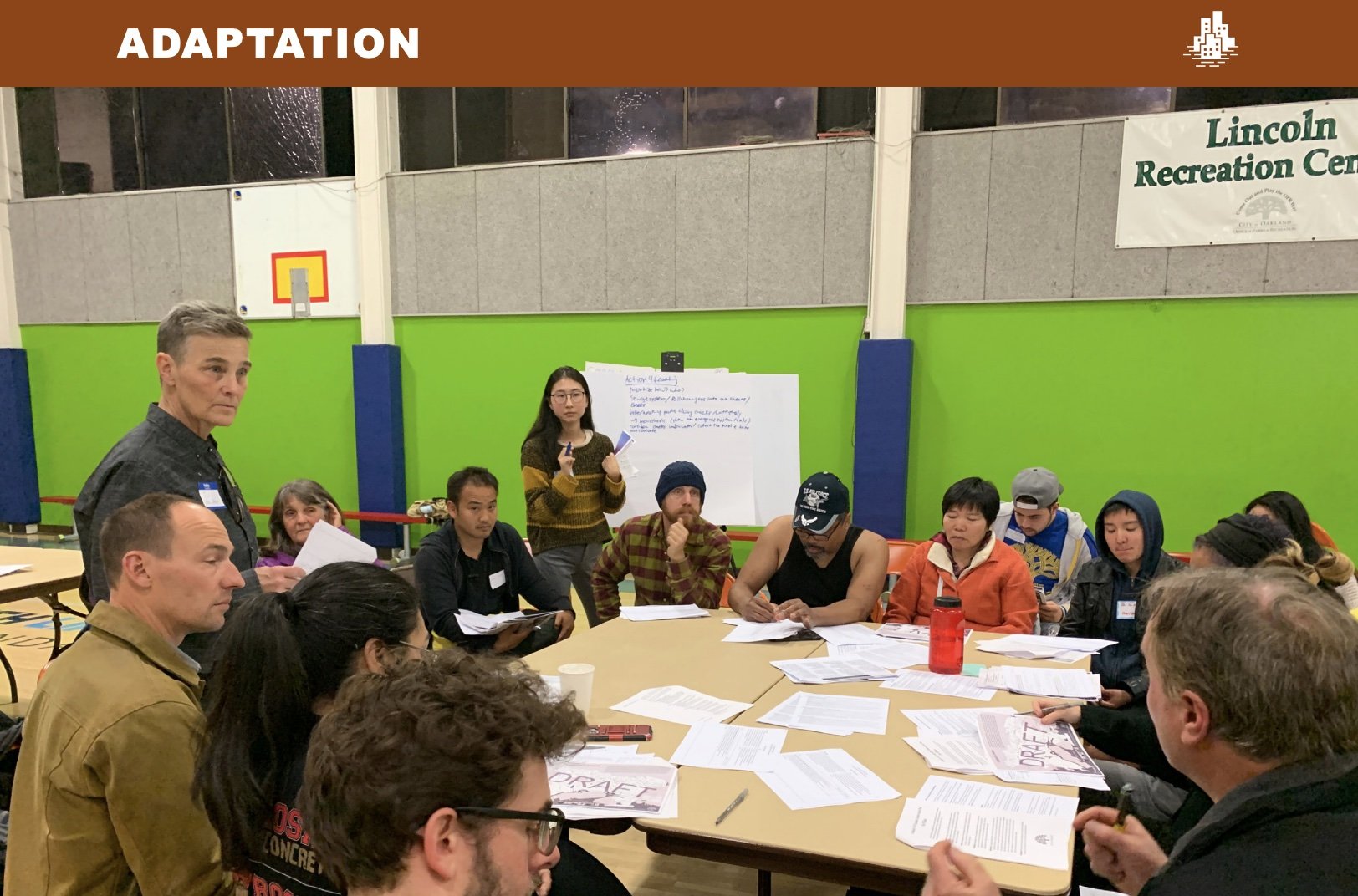Lincoln Square Park: Home of Oakland’s first Municipal Resilience Hub
Guest author: Sophia Thompson (she/her) is California Climate Action Corps Fellow with the Sustainability and Resilience Division of the Office of the Administrator, City of Oakland. She is interested in climate adaptation and sustainability and has been working on projects focused on building electrification and community resilience to help Oakland continue developing climate resilient communities.
Lincoln Square Park is a staple in Oakland’s Chinatown community, developed in the 1850s as one of the City’s seven original public squares, the park and neighborhood center has been an activated space for community gathering for generations. This iconic site will be host to the first Municipal Resilience Hub in the City of Oakland. The construction of the new Municipal Resilience Hub will be a part of a new Recreation Center, replacing an aging building in need of costly repairs while also aligning with the City of Oakland’s resiliency goals and efforts.
The development of a municipal resilience hub is one of the many projects the city is undertaking to meet all of the goals set out in the City’s Equitable Climate Action Plan. Oakland’s 2030 Equitable Climate Action Plan (ECAP), Action A-1, calls for the creation of Resilience Hubs to build climate resilience through an equity- and community-driven approach. This supports trusted community-serving facilities, such as the Lincoln Neighborhood Center, to provide both their year-round services and specialized support during adverse events, such smoke days, extreme heat events, power outages and other forms of disruption. Municipal Resilience hubs are intended to be community servicing city facilities designed to support residents coordinate communication and distribute resources in the face of disaster and the stressors of everyday life experience in frontline communities.
The City of Oakland is focusing its resiliency efforts on frontline communities, such as the vulnerable neighborhood around Lincoln Square Park. This area faces environmental injustice and climate crisis impacts, including pollution, poor air quality, and extreme weather events.
The community, characterized by low income, a large elderly population, predominantly Asian residents, and linguistic isolation, is disproportionately affected by factors like traffic, industrial activities, and substandard housing conditions. The Census tract around Lincoln Square Park has a median income of $27,774, with 34.4% living in poverty, and high rates of asthma. Overall, the community is among the most adversely impacted in California, ranking in the worst 10% of census tracts in terms of pollution burden.
“The construction of the Resilience Hub at Lincoln Square Recreation Center, delivers on a commitment made in Oakland’s ECAP. Resilience Centers, like this one, will support our frontline communities as they become stronger, more self-determining, socially connected, and successful—before, during, and after disruptions.” - Mayor Sheng Thao
While the Municipal Resilience Hub will be new, resilience activities are not new to the Lincoln Recreation Center. The center has been the host of activities building community resilience and safety, including classes in collaboration with the Emergency Management Services Division, food distribution during the pandemic, and a Safety and Resources fair in the aftermath of escalated violence against Asians.
By selecting this site as the first Municipal Resilience hub in the City of Oakland, the community will enjoy increased and improved space to better meet the needs of one of the City’s busiest and most densely programmed facilities increasing community connectedness and preparedness while concurrently meeting the goals set out in the City’s 2030 Equitable Climate Action plan to make a more resilient and sustainable Oakland.



